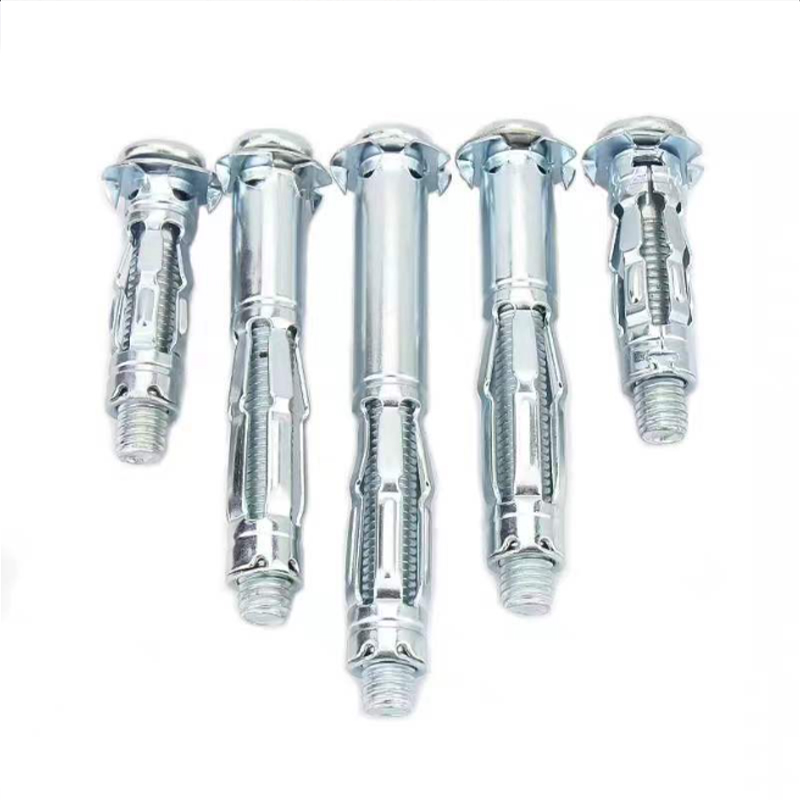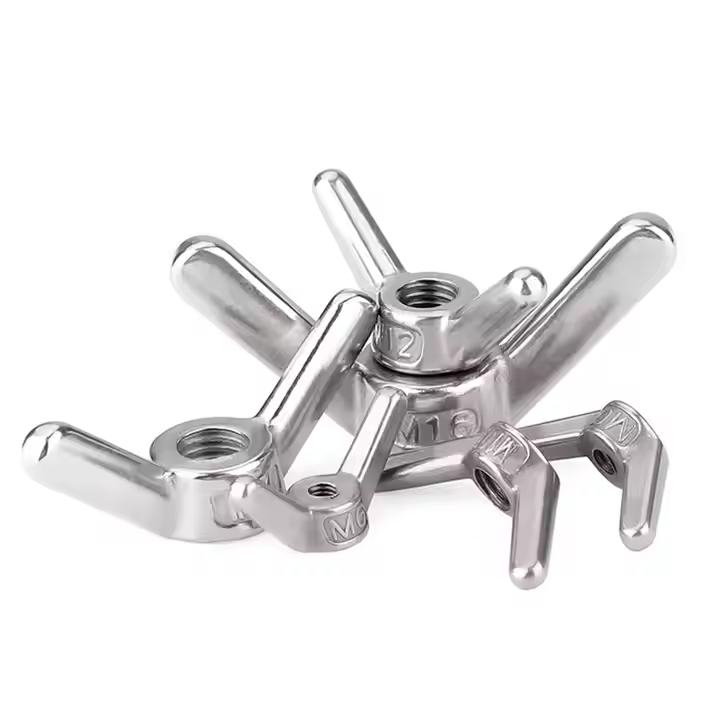

2025-04-23
This comprehensive guide explores the world of self-locking nuts, detailing their various types, applications, and selection criteria. We’ll cover the mechanics behind their self-locking capabilities, compare different designs, and help you choose the optimal self-locking nut for your specific needs. Learn how to avoid common pitfalls and ensure secure, reliable fastening in any application.
Self-locking nuts are a crucial component in countless industries, offering a secure fastening solution that resists loosening under vibration, shock, or other dynamic forces. Unlike standard nuts, they incorporate a mechanism that prevents unintentional unscrewing. This mechanism varies depending on the type of self-locking nut, but generally relies on friction, deformation, or a physical barrier to prevent rotation.

These nuts utilize the inherent properties of the metal to create a self-locking effect. Common types include:
These nuts incorporate a nylon insert, which deforms under compression when the nut is tightened. This deformation creates friction, preventing loosening. Nylon insert locknuts offer excellent vibration resistance and are suitable for a wide range of applications.
Other types of self-locking nuts exist, each with unique characteristics. These include, but are not limited to, prevailing torque nuts, wedge-locking nuts, and several specialized designs for specific applications. The choice depends heavily on factors like the application’s environment, the required clamping force, and the materials involved.

Selecting the appropriate self-locking nut requires careful consideration of several factors:
| Material | Advantages | Disadvantages |
|---|---|---|
| Steel | High strength, durability | Susceptible to corrosion |
| Stainless Steel | Corrosion resistance, high strength | Higher cost |
| Nylon | Good vibration dampening, low cost | Lower temperature resistance |
Self-locking nuts find applications across numerous sectors, including:
Their reliable locking mechanism ensures secure fastening in diverse and demanding environments.
For a wide selection of high-quality fasteners, including various types of self-locking nuts, consider exploring the options available at Hebei Muyi Import&Export Trading Co.,Ltd. They offer a comprehensive range of products to meet diverse industrial needs.
Remember to always consult relevant industry standards and manufacturer specifications when selecting and using self-locking nuts to ensure safe and effective fastening.
1Data on specific nut types and material properties can be found on various fastener manufacturer websites. Please consult relevant manufacturers for the most up-to-date and detailed information.
Please enter your email address and we will reply to your email.